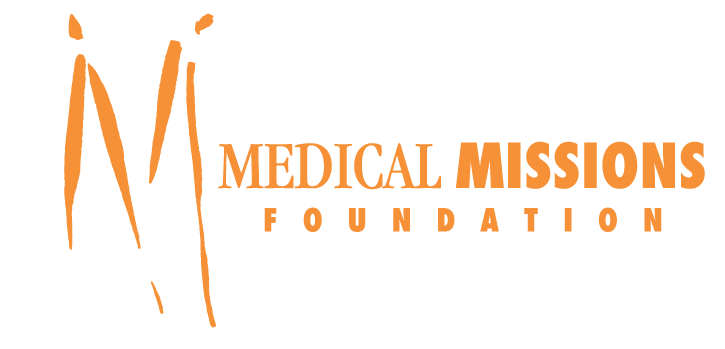San Lucas Tolimán 2017 – Women’s health for San Lucas
It was close to 3pm and I noticed two women sitting in waiting area almost ready for surgery. I had noticed them earlier in the that morning sitting next two each other. I found out that one of them was Juana, 73-years-old, and getting ready to have surgery with Dr. Annie.

73-year-old Juana and her daughter-in-law
Juana’s daughter-in-law, was the woman sitting next to her. She had accompanied Juana from Godinez, a community about an hour away by car. It is common for generations to live together, Juana’s daughter-in-law shared, “I have been in the family for 31 years and I will bring her.” This was a sign of respect, a matter of dignity, and a matter of being a woman as Juana was getting a Uterine prolapse surgery after having ten children.
Juana’s story is just one of many that represents a desperate need for a women’s health focus in San Lucas Tolimán. Whether it is a surgical repair from having 10 children, to delivering a baby, the circle of life is clear, although in many cases women are the last ones to be taken care of. Medical Missions Foundation was proud to have a new mission participating championing women’s health on this year’s mission, Dr. Andrea (Annie) Jewell, a Gynecologic Oncologist from The University of Kansas Medical Center. She had a busy week, but has some life-changing stories to tell, so I asked her share a few for this blog. -Carmen
I knew I would be doing surgery. And I had seen pictures of the hospital and the OR. I knew the estimate of patients that we would be seeing and surgeries we would be performing. I packed my instruments, suture, dressings and headed to Guatemala with the team. I could never fully understand my role, however, until I was able to meet the women of San Lucas.

Women waiting to see Dr. Annie
One woman was only 30 years old. She had a large fibroid uterus that was causing pain, and, more significantly, heavy and frequent bleeding. Fibroids are not uncommon, and something I frequently diagnose and manage in the United States. The difference with the patients we see down in San Lucas is that they do not have regular access to basic things like sanitary pads, pain medicine and iron supplements. So what is certainly a distressing diagnosis for a woman, transforms into something more clinically significant when there is a lack of resources. Anemia from heavy bleeding can cause fatigue, dizziness and even heart strain if unable to be treated.
Having bleeding without sanitary pads means that my patient was forced to stay at home more and more frequently. While socially isolating, this can be financially devastating for most families that require the matriarch for childcare and second income. During our mission, I was able to perform a hysterectomy to remove her considerably enlarged uterus that was over 10 times the size of a normal uterus for a women her age.
Another patient was 71 years old. She had pelvic organ prolapse for several years that was causing pain and worsening leakage of urine. The pain limited her ability to walk and to help her family with work and household chores. The constant leakage caused her to feel embarrassed and to avoid even her own family members. Having these symptoms can cause significant functional decline in elderly patients due to the decreased mobility, and the constant leakage can cause skin irritation and urinary infections. Being able to correct her prolapse not only helped with her pain and medical symptoms, but she also finally felt able to return to her family and was excited to engage with her community again.
During my week in San Lucas, I was able to operate on women with pelvic organ prolapse, large ovarian cysts, and fibroids. These conditions are not uncommon, and I frequently treat women in the United States with the same diagnosis. The difference is that the majority of women I treat in my day to day practice have the access and resources to manage the symptoms from these conditions such as urinary leakage, heavy bleeding or pain. The women in San Lucas do not have these same resources, and symptoms that could be managed reasonably in the United States become socially isolating in San Lucas. Having surgery to correct these conditions liberates the women of San Lucas to engage with their community and families again, without the fear and stigma their conditions caused.
Andrea (Annie) Jewell, MD
Gynecologic Oncologist
The University of Kansas Medical Center

Dr. Annie with baby after delivery during the San Lucas 2017 mission
